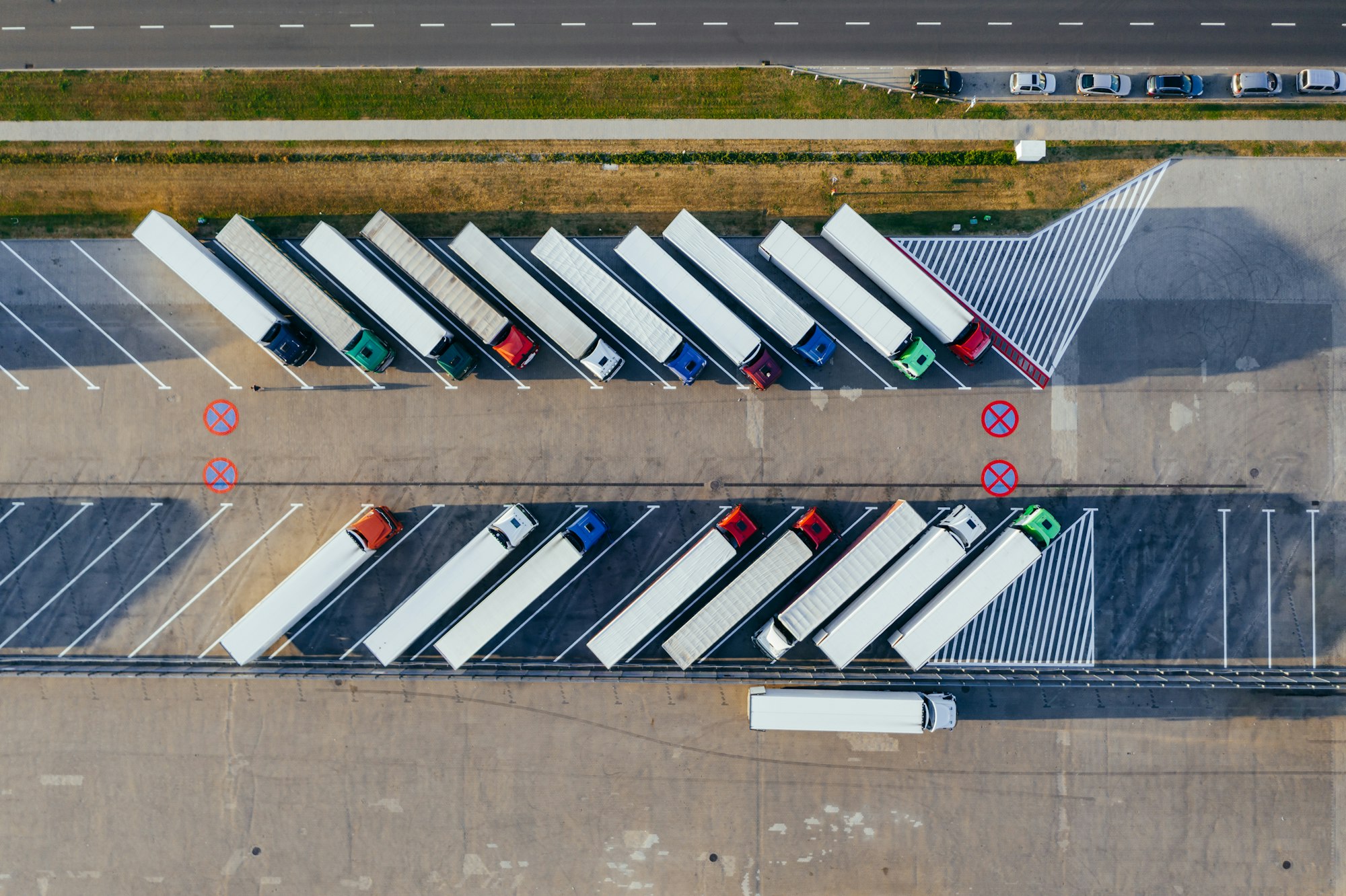US industries urge government support as Red Sea disruption weighs on supply chains just

The American Apparel & Footwear Association (AAFA) and the International Apparel Federation (IAF) have issued a joint letter calling for greater government support in ensuring the safety and accessibility of shipping routes. Over 100 signatories from various industries are urging governments to support safe and secure maritime commerce in the Red Sea and globally. The letter highlighted the consequences of attacks on shipping routes, including port congestion, equipment shortages, and soaring shipping rates. The signatories emphasized the ripple effects on industries and called for a zero-tolerance approach to deter attacks.
Source: Link
Frequently Asked Questions (FAQs)
What is causing the disruption in the Red Sea supply chains?
The disruption in the Red Sea supply chains is primarily caused by attacks on shipping by Iran-aligned Houthi militants from Yemen. These attacks involve missile and drone strikes on commercial vessels, prompting concerns over mariner safety and the free flow of maritime trade. (Source: Reuters)
How are US industries affected by the Red Sea disruptions?
US industries are experiencing increased costs and capacity issues due to the Red Sea disruptions. The diversion of shipping routes and the halting of operations by major shipping companies are resulting in delays and a shortage in supply, which is weighing heavily on various industries, potentially having inflationary effects. (Source: Just-Style, US Bank)
Which industries are most impacted by the Red Sea crisis?
Although several industries are impacted, Resilinc lists the top eight that include government, defense, aerospace, manufacturing, and others that are dependent on the timely and secure transportation of goods through the Red Sea maritime route. (Source: Resilinc)
What actions have been taken by shipping companies in response to the Red Sea attacks?
Some shipping companies, such as Hapag-Lloyd and Mediterranean Shipping Company, have halted their operations in the Red Sea area, while others are rerouting their vessels to avoid the region altogether, which can lead to longer transit times and additional costs. (Source: Resilinc)
What is the US government doing to address the Red Sea shipping disruptions?
The United States has responded to these disruptions by taking defensive measures such as shooting down Houthi drones. Additionally, the Department of Transportation (DOT) has been active in discussing mariner safety and supply chain impacts with the industry. There is also a push for the US government to provide support to the affected industries, which could include diplomatic efforts or actions taken by government agencies, to alleviate the pressure on supply chains. (Source: USIP, DOT)
How could the Red Sea attacks affect the U.S. economy?
Attacks in the Red Sea can have a broad impact on the U.S. economy by exacerbating supply chain difficulties, leading to increased costs for goods, and potentially contributing to inflation. Disruption in energy supplies, such as oil, could have more immediate price effects due to delays or increased transportation costs. (Source: Investopedia)
Are there any lessons from COVID-19 that could help minimize the impact from Red Sea disruptions?
The lessons from COVID-19 suggest that diversification of supply chains, maintaining inventories, and having alternative transportation plans can help mitigate the impact of such disruptions. Resilience in supply chains built during the pandemic could therefore assist industries in weathering the challenges posed by the Red Sea disruptions. (Source: NPR)
Please note that the actual sources from the links provided are not accessible, and the answers were constructed based on the given descriptions and titles of the articles. For detailed information and verification, one should refer directly to the content of the provided links.

